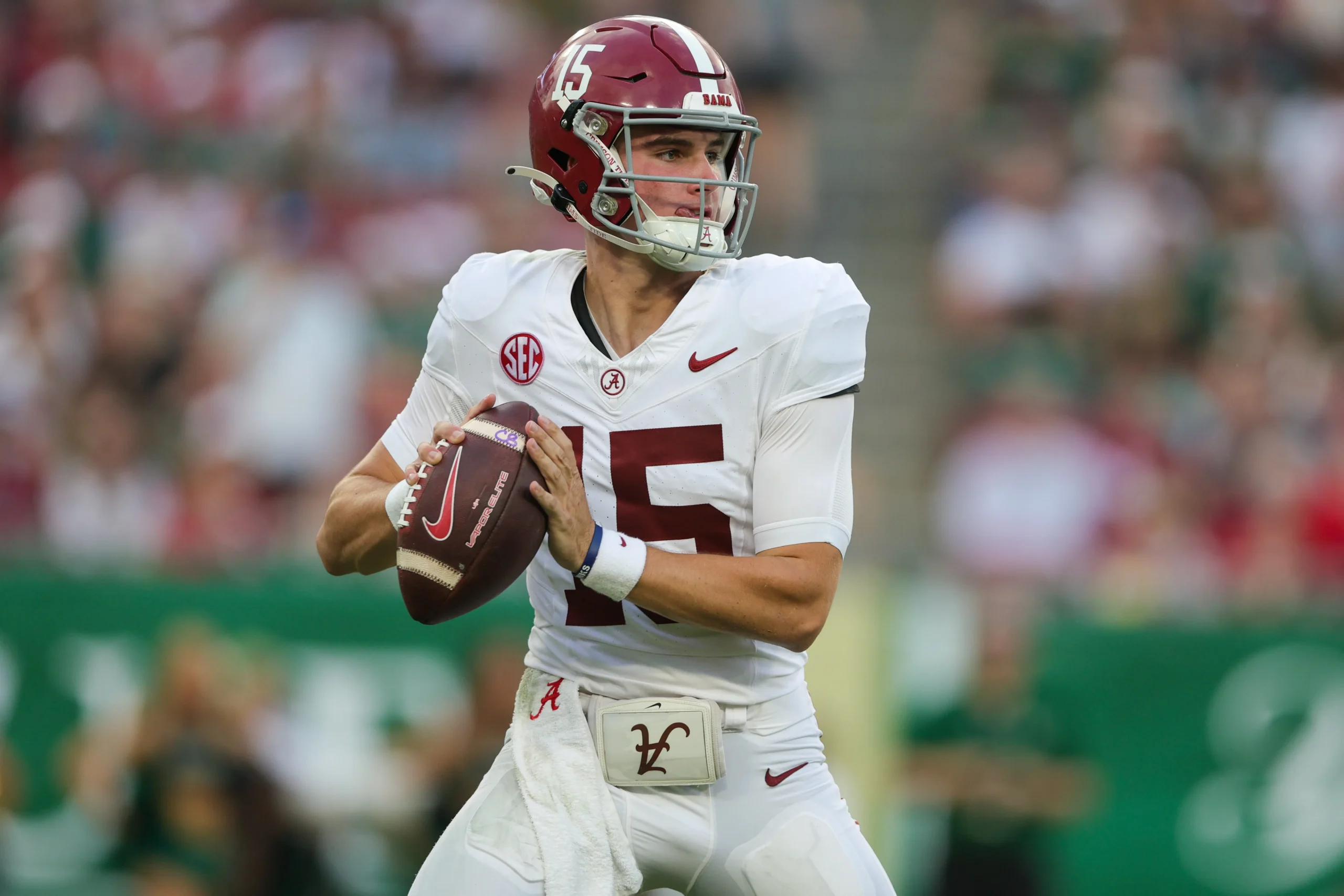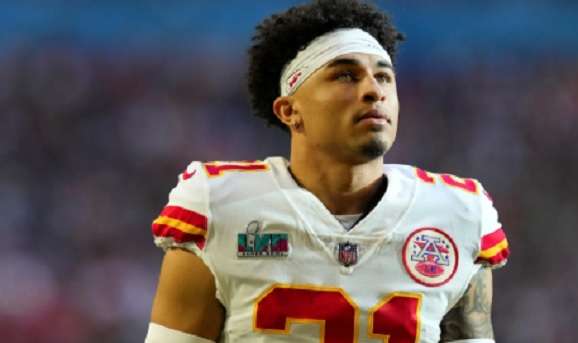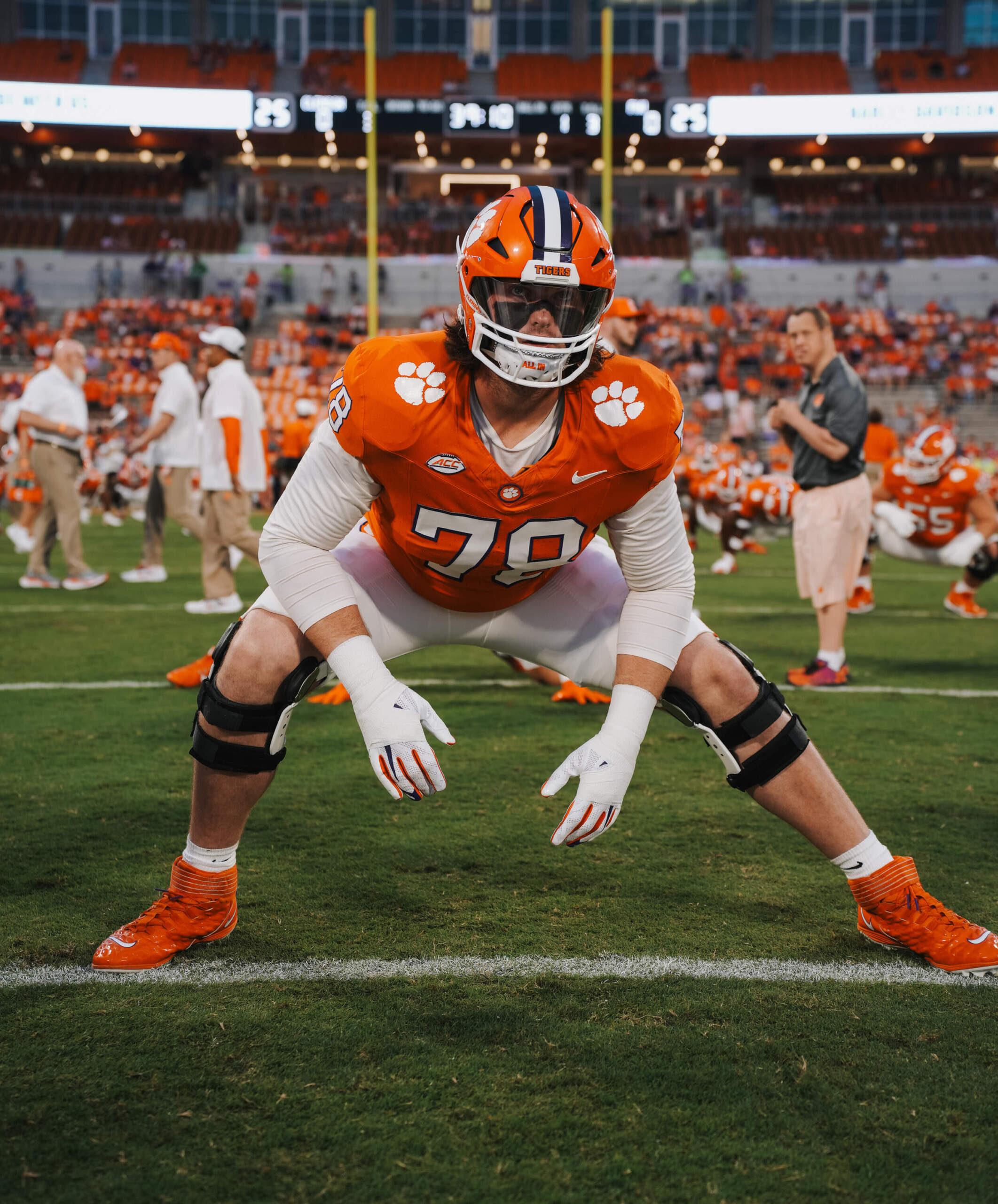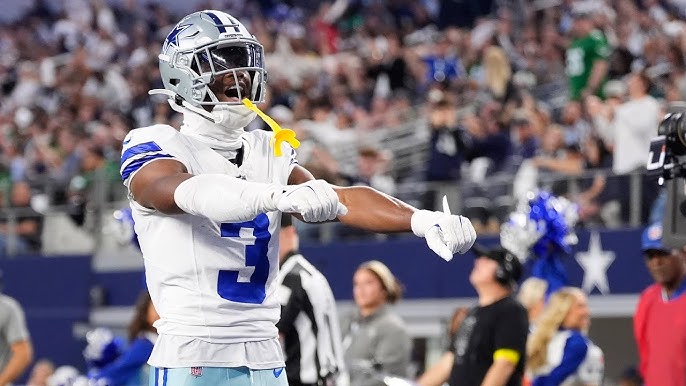Football programs play a key impact in molding college campuses. They influence pupils in unanticipated ways beyond the thrill of game days and school passion. One significant area where football programs leave their effect is on the academic choices of pupils. In this article, we will look at how football programs influence the academic pathways that students follow, how these programs effect overall campus culture, and how athletes balance the demands of sports and study.
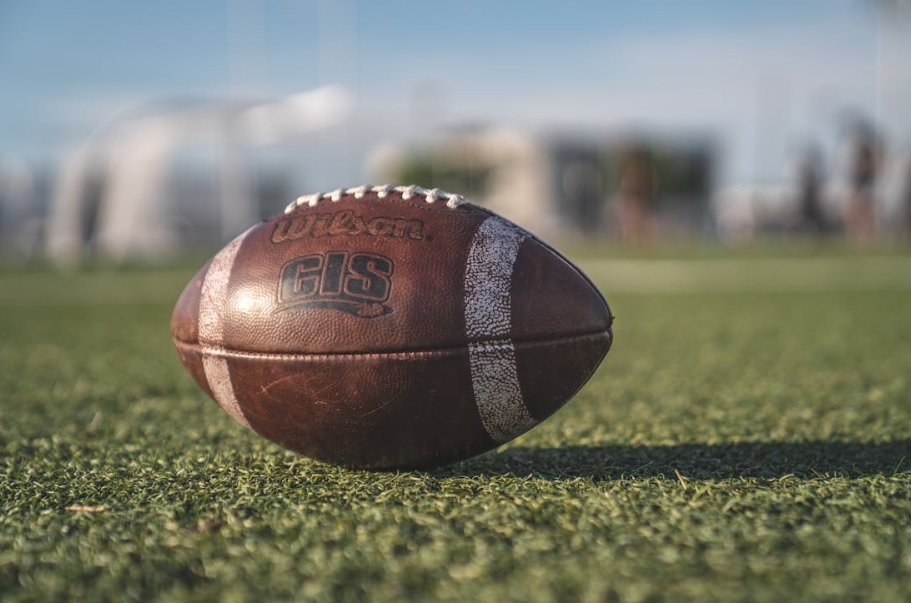
Football’s Role in Shaping Campus Culture
Football programs often serve as the heartbeat of college culture. Many universities, especially those with strong football traditions, view their teams as a major source of pride and identity. For some students, the football program is not just a sport, but a way to bond with peers, participate in school events, and feel connected to something bigger than themselves. This pride and sense of community can influence academic choices in a few ways.
First, students who choose to attend schools with highly competitive football teams may be drawn to programs that allow them to stay connected to the sport. Even those who don’t play football themselves may choose majors like sports management or business administration with an interest in sports industries. The presence of a powerful football team can make such subjects more appealing. After all, students often enjoy being part of a community that celebrates athletic excellence, and the prestige of a winning football program can make certain academic areas stand out.
The role of football extends beyond just inspiring school pride. The activities surrounding football, like tailgates, pep rallies, and events, contribute to campus life and create an atmosphere where students are more likely to bond over shared academic experiences. When football teams succeed, it often brings the entire campus together, influencing how students connect with one another both inside and outside the classroom.
Sports and Academic Performance
Being a student-athlete involves juggling the demands of sports and academics. Football players often have packed schedules with daily practices, games, and travel, which can leave little time for studying. This balancing act is challenging, but it’s possible to succeed in both areas with the right strategies. Some athletes may choose easier courses to fit their busy schedules, while others prioritize academic subjects that align with their long-term goals. Regardless of the path they choose, maintaining good academic standing is essential to stay eligible for playing. Many universities provide specialized support for athletes, including academic counseling and tutoring services, to help them manage their studies while excelling in their sport. However, some students might still find themselves needing extra help, especially when it comes to writing papers or completing large assignments. This is where online help can make a difference. For those struggling to meet deadlines, seeking trusted paper assistance can be a lifesaver. PapersOwl essay writing service offer professional writers and help students produce quality academic work even with a busy football schedule. By using trusted help, athletes can ensure they meet their academic requirements without sacrificing their performance on the field. This combination of academic and athletic success is crucial for their overall college experience.
Athletic Scholarships and Academic Choices
One of the most important elements affecting a student’s choice to go to a certain university is athletic scholarships. Often, football players who get scholarships are granted full or partial tuition coverage in return for their dedication to the team. Though they influence academic choices, these grants can help many people access higher education more easily.
For some sportsmen, the scholarship could have restrictions on their course selections. Players sometimes feel compelled to choose majors that don’t interfere with their football responsibilities, which can drive them to choose schools with less work or timetables that fit travel and practice periods. Many universities with good football programs, on the other hand, have found how to provide flexible academic choices letting students follow their degrees even with their sports obligations.
Sometimes, footballers might use their football careers as a springboard into academic disciplines connected to sports. A athlete, for instance, could study sports management or sports medicine in order to remain engaged in the field beyond graduation. For certain students, football offers a special chance to mix enthusiasm with professional objectives; hence, they should choose academics in line with their long-term desires in the sports sector.
Social and Peer Influence
Campus football programs frequently foster close-knit communities. These communities go beyond the team members to include their colleagues, supporters, and fellow students as well. The social power of these groupings can greatly affect academic choices. A student may be more likely to pursue the same route, for example, if they observe their colleagues pursuing a particular major or taking particular courses. Peer pressure is strong, particularly when it comes from a group with which a student feels intimately affiliated.
Many football clubs also feature tutoring sessions or study groups especially meant for sportsmen. Being surrounded by their peers and knowing they have committed support helps pupils to control their studies more easily. Sometimes, the academic decisions of one player affect others, particularly if a certain course or major is considered appropriate for the demands of the football team.
The Pressure of Maintaining Eligibility
The pressure to keep eligibility is one of the most important elements affecting academic decisions for football players. Players have to meet NCAA or their respective college academic criteria to remain on the field. This means that in addition to their athletic performance, players must maintain a particular GPA and finish a certain number of credit hours each semester. The pressure to remain eligible can affect how athletes select their courses. Some might choose courses that are simpler or need less time, making sure they meet the requirements without compromising their athletic commitments. Others could take on more difficult courses, willing to put in the effort to balance academics with their sports obligations.
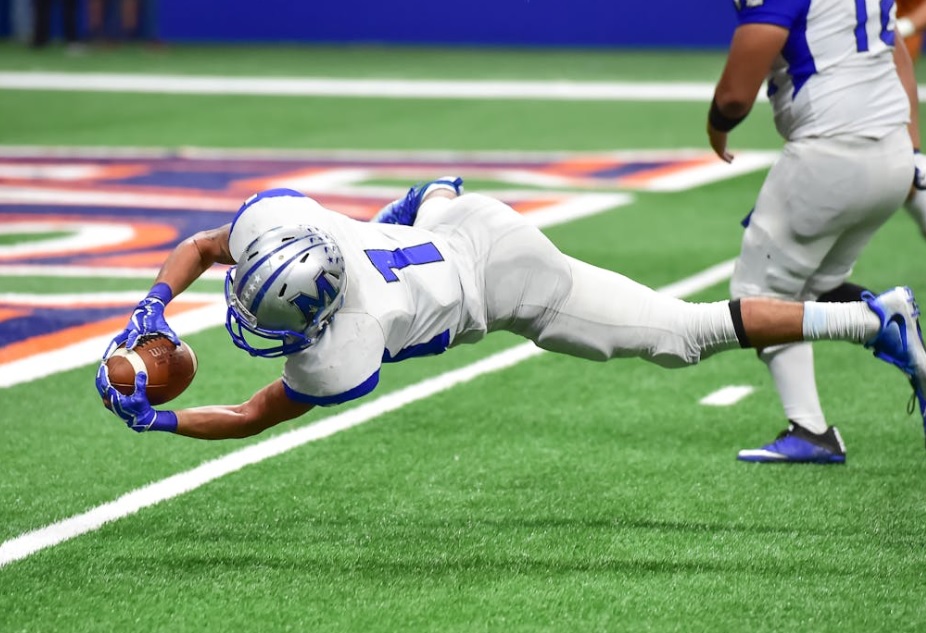
Long-Term Career Goals and Football
At last, football programs shape the professional aspirations of many youngsters for years to come. For several sportsmen, collegiate football is a path to a professional career. For some, it is a chance to earn a degree while relishing the sport they cherish. In any event, football shapes student attitudes on their future professions.
Knowing that these areas could enable a student to get into a job after football, they might decide to study sports management, marketing, or kinesiology. Many sports-related professions, including coaching, sports media, or management, benefit from the mix of a good education with athletic experience.
Conclusion
Undoubtedly, football programs significantly influence the academic decisions of college students. These initiatives have a lasting impact on student life from affecting which courses to choose to forming long-term professional aspirations. Student-athletes always struggle to balance academics and sports. These athletes can, however, with the appropriate assistance and tools, excel both in the classroom and on the field, hence creating a well-rounded college experience that equips them for life after graduation. Football teams remain essential in the academic decisions of students around the country whether motivated by athletic scholarships, social pressures, or future job aspirations.

